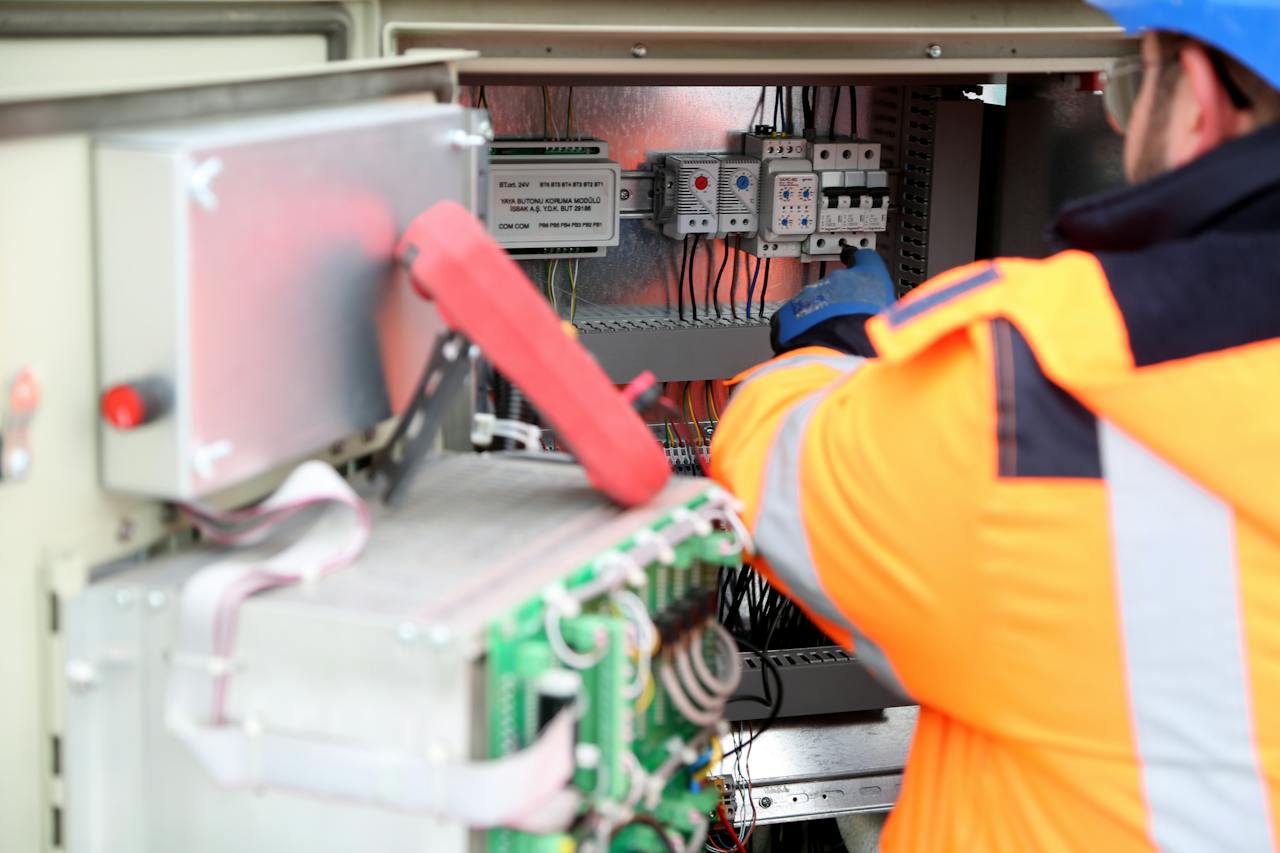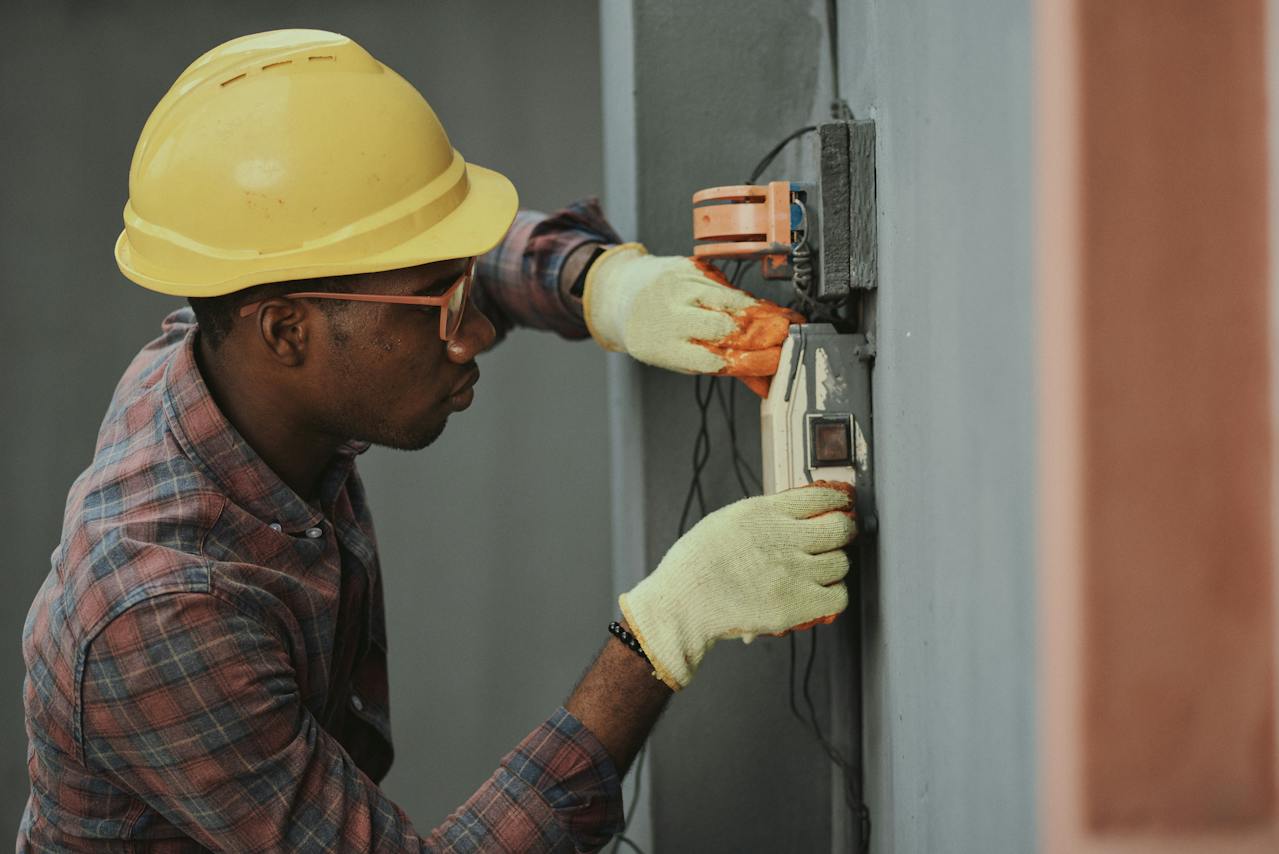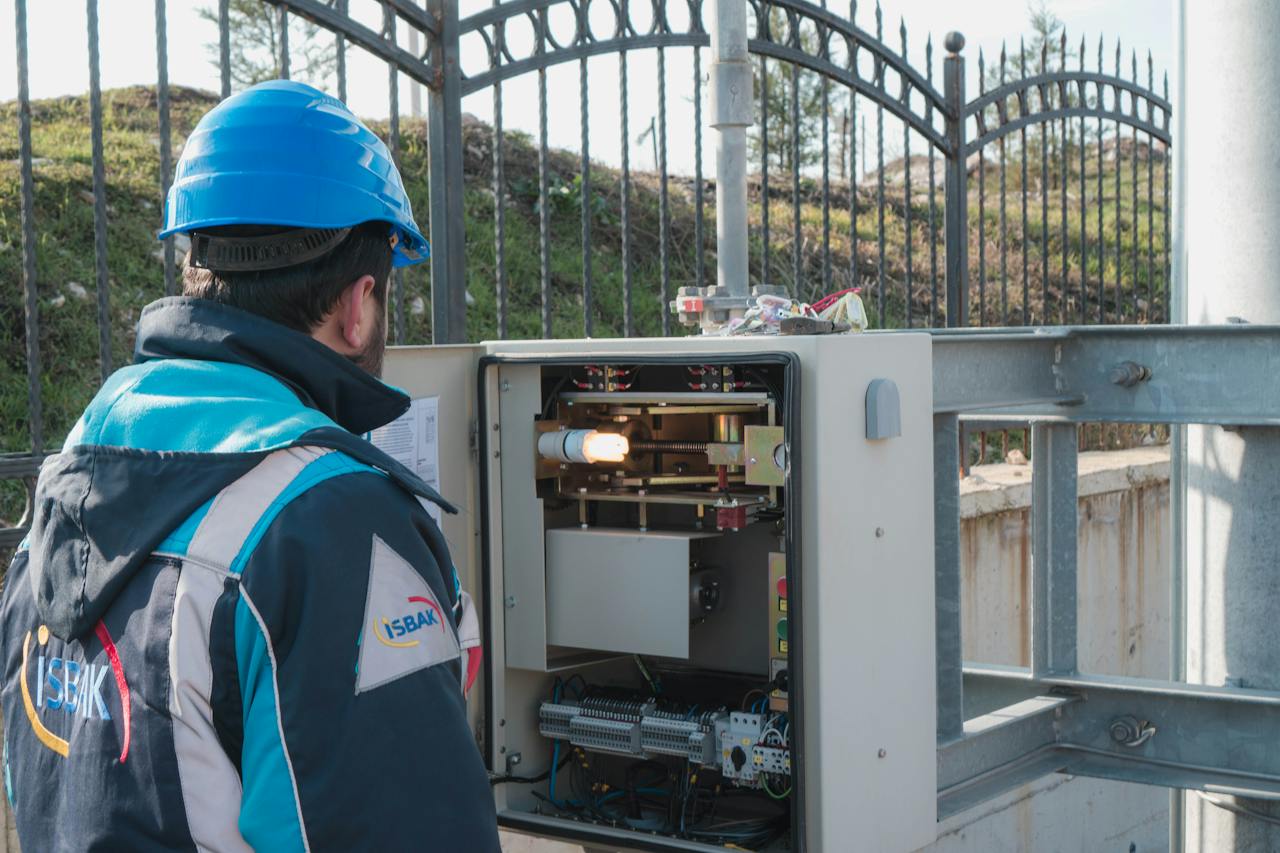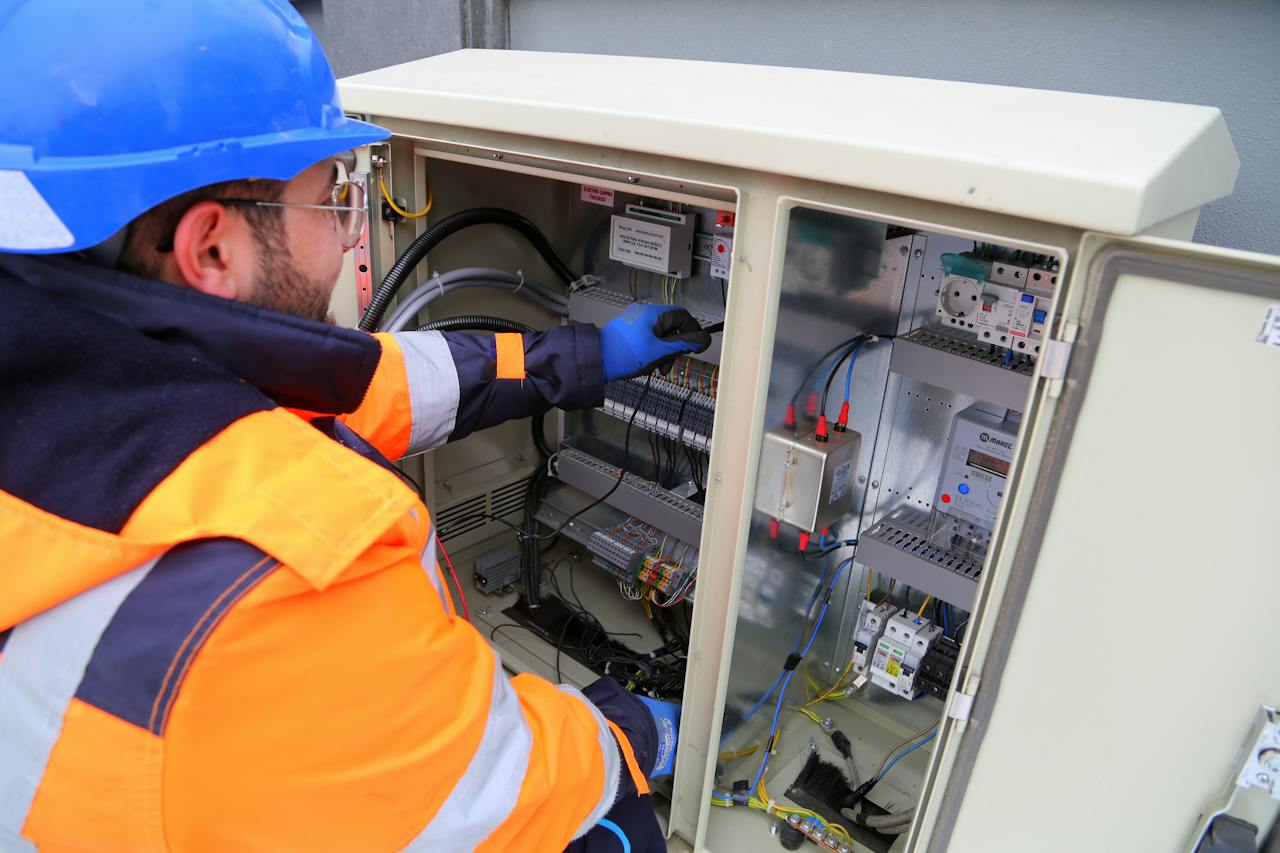An electrician is the best person to hire whenever you are experiencing problems with the electrical parts or areas of your home. The electrician would have all the knowledge and skills needed to fix problems that involve electrical wires, cables, and components in a residential property. In addition, an electrician can also be hired to install new wiring or devices in the house. Also check out https://theflashelectric.com/bogart/ as well.
Choosing an electrician to hire can be complicated, as there are different aspects of the profession that you must consider for you to see which specific electrician is fit for the repairs or installations you need. Here are the 20 questions that you should ask electricians so that you can hire the best one for the job.
1. Are you licensed?
Asking about licensure is crucial. A licensed electrician is one who has met the required education and training standards to perform electrical work. Hiring a licensed electrician ensures that they are knowledgeable about building codes and safety standards, reducing the risk of substandard work.
2. Do you have insurance?
Insurance, especially liability and worker’s compensation, protects you from being liable for accidents or damage that occur during the job. It’s a safety net for both the homeowner and the electrician, indicating the professional’s commitment to responsible business practices.
3. What is your experience with this type of work?
Experience in specific types of electrical work is vital. Different tasks require different skills, and an electrician experienced in the work you need will likely complete it more efficiently and safely. It’s also a good indicator of their ability to handle any unforeseen issues that might arise.
4. Can you provide references?
References from past clients give insights into the electrician’s work quality and reliability. Positive feedback from previous customers is a good indicator of professionalism and skill. In addition to references, you may also want to check out reviews of the electricians that were published by previous customers online. These reviews will provide you with unbiased opinions about the quality of work that the electrician provides.
5. Who will be doing the work?
It’s important to know who will be on your property doing the work. Some electricians work as part of a team or may subcontract. Knowing who will be responsible ensures clarity and accountability.
6. Do you offer a warranty or guarantee?
A warranty or guarantee on the work provides peace of mind and shows the electrician’s confidence in their craftsmanship. It also ensures that if something goes wrong, you won’t have to pay extra for repairs.
7. How do you charge?
Understanding the billing structure (hourly rate, flat fee, cost of materials) helps in budget planning and avoiding surprises. It’s important to get a clear explanation of all potential costs.
8. Can you provide a written estimate?
A written estimate avoids misunderstandings and provides a detailed account of expected costs. It should include labor, materials, and any other expenses. The written estimate will ensure that the payment that the electrician receives won’t be changed unless there are unexpected price increases or decreases with the materials that will be used for the project.
9. Are permits required for this job, and will you obtain them?
For certain electrical work, permits are necessary. A professional electrician will know when they’re required and should handle the acquisition process, ensuring that the work is legal and up to code. Here is a list of some of the most common permits that electricians need for residential projects:
- Electrical Permit: This is the most common permit required for electrical work in a residential setting. It covers the installation, alteration, or repair of electrical wiring, equipment, and systems. The permit ensures that the work will be inspected and approved as meeting the standards set by local safety regulations.
- Building Permit: For projects that involve more extensive work, such as remodeling or constructing an addition to a home, a building permit might be required. This permit usually encompasses various aspects of the project, including electrical work.
- HVAC Permit: If the electrical work is related to heating, ventilation, and air conditioning (HVAC) systems, an HVAC permit might be necessary. This is especially relevant when installing or modifying systems that involve electrical components.
- Low Voltage Permit: Some areas require a separate permit for low voltage work, which includes things like alarm systems, internet wiring, and home automation systems.
10. How do you handle unexpected issues or changes in scope?
It’s common for electrical work to have unforeseen challenges. Understanding how the electrician deals with these situations, both logistically and financially, is important for project planning.
11. What is your response time for emergencies?
Knowing how the electrician handles emergency situations is crucial, especially if immediate repairs are needed. It’s reassuring to have a reliable electrician to contact in case of urgent issues.
12. Do you specialize in certain areas of electrical work?
Some electricians specialize in specific areas, like residential, commercial, solar installations, etc. Hiring someone with a specialization relevant to your project can lead to better results.
13. How do you ensure safety during a project?
Safety measures are crucial in electrical work. A good electrician will follow strict safety protocols and use appropriate tools and equipment to prevent accidents and ensure overall safety.
14. What kind of equipment and materials do you use?
The quality of materials and tools can impact the longevity and safety of electrical work. High-quality, reliable materials and modern equipment indicate a commitment to quality.
15. How do you stay updated with the electrical codes and regulations?
Electrical codes and regulations change periodically. A professional electrician should stay updated with these changes to ensure compliance and safety in their work.
16. How long do you anticipate this project will take?
Understanding the timeline is essential for planning, especially if the electrical work is part of a larger renovation or construction project.
17. Do you clean up after the job?
Post-job cleanup is a sign of professionalism. It’s convenient for the homeowner and reflects the electrician’s attention to customer service and detail.
18. How do you handle customer complaints or dissatisfaction?
Knowing the process for addressing any issue post-completion ensures that you have recourse if the work doesn’t meet your expectations.
19. Can you explain the work that needs to be done?
An electrician who can clearly explain what needs to be done demonstrates knowledge and helps you understand the process and necessity of the work.
20. Is there anything I need to do to prepare for the work?
This question helps you understand if any preparation is needed on your part, such as clearing the area, which can facilitate smoother and faster work completion.
Conclusion
Hiring the right electrician is more than just a matter of choosing the lowest bidder or the first name that appears in a search. It’s about ensuring safety, quality, and reliability. The 20 questions outlined in this article serve as a comprehensive guide to help you make an informed decision. By asking these questions, you not only gain insight into the electrician’s qualifications and experience but also set a foundation for a transparent and successful working relationship.




